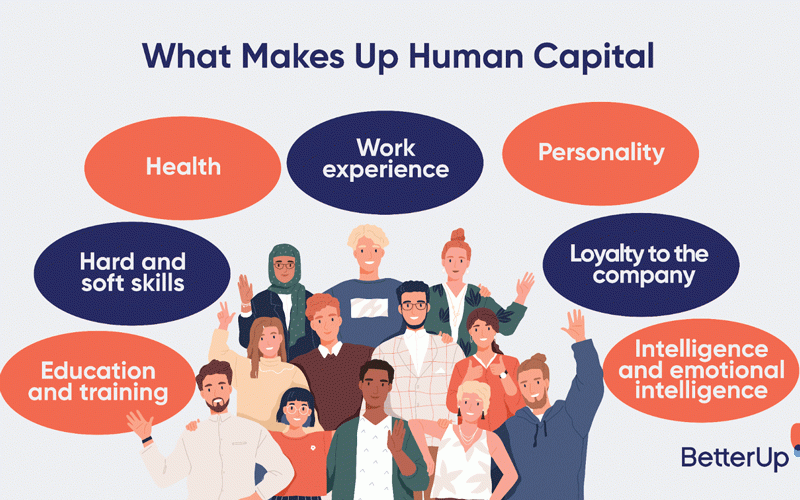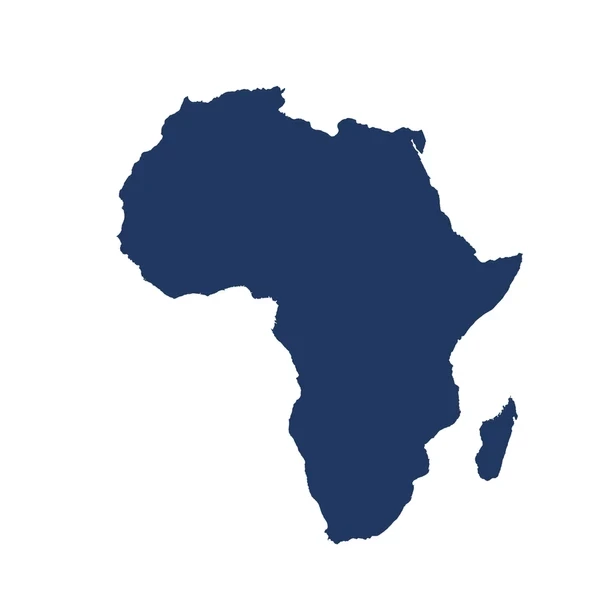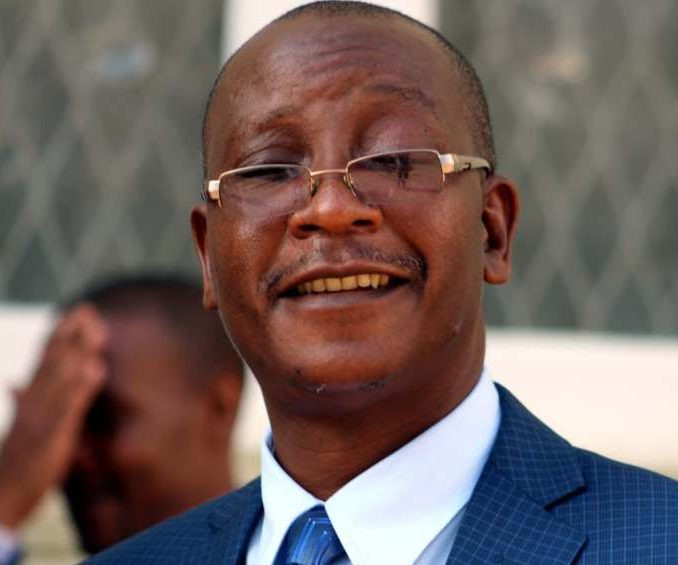
Human capital development is the totality of health and social investments to improve the quality of life of citizens.
It is about increasing and improving access to quality and functional education and training, quality health care and facilitating research and development towards promoting sustainable economic growth and development.
Human capital has large payoffs for individuals, societies and countries and it is the primary factor driving nations’ economic growth.
According to the 2021 World Economic Forum Human Capital Index, on average the World has developed 62% of its human capital, while neglecting 38% of its talent.
In sub-Saharan Africa, 47% of human stock is not developed.
Majority of African students study social science, business and law (with 26% studying education, humanities and arts degree and 44% into social science, business and law) against only 4% in engineering, manufacturing and construction and 2% in agriculture.
How can human capital support the structural transformation?
African Union Agenda 2063 (Goal 2) highlights the importance of quality education for the successful implementation of flagship projects and programmes in Africa.
- New perspectives: What Zimbabwe needs to achieve work for all
- New perspectives: Why Zanu PF is not so successful after 2001
- New perspectives: Achieving universal health coverage in Zim
- New perspectives: Why it is important to have a job contract before offering services
Keep Reading
Goal 2 aims for a “well educated citizens and skills revolution underpinned by science, technology and innovation.”
Embedded in the UN agenda 2030 is SDG 4 (Quality Education) – inclusive and equitable quality education and lifelong learning opportunities for all.
Human capital plays a critical role in long-term growth and economic development. The knowledge people gain through education helps develop an economy and boost economic growth through new ideas and innovation. Innovation is critical for socio-economic transformation in Zimbabwe, but commercialisation of research outputs through university-industry linkages remains very low.
In addition, investment in human capital can also help boost profits of companies through increased productivity, healthier workforce and reduction in absenteeism.
Investment in human capital can also improve access to the job markets which in turn can improve consumer spending, leading to increased revenue for companies, additional business investment and economic growth.
Human capital is associated with positive externalities which support economic growth and economic development.
Human capital externalities such as spill-over effects from education in the economy (educated people tend to have better knowledge of health issues, and climate issues).
Significant investment is the key building blocks for human capital development, especially education and health, is a prerequisite for socio-economic transformation.
Gaps in human capital development in Zimbabwe
Country medical doctors and specialists:
International norms 2.5 per 100 population Water Engineers: Norm 5.5 per 1000 STEM Researchers: world avg. 1,081 per million
Estimated Desirable Estimated Current Hypothetical gap Hypothetical gap Hypothetical gap
Zimbabwe 37,615 4,619 32,996 40,562 15,075
Source: ACBF 2016
Options available for human capital development in Zimbabwe
Understanding the numbers by mapping future skills required taking into account Agenda 2063 and needs of the digital economy, capacity retention and utilisation.
Dealing with mindsets to ensure understanding of human capital development as an investment, which if not given the attention it deserves can derail the development process. Human capital development is not a “re-current” but a “capital expenditure”.
Prioritising human capital development as a key component of a country’s national development strategy through the budget (e.g., successful human capital development strategies are not treated as a humanitarian case but a development case: country ownership is therefore key).
Building partnerships for addressing financing challenges by focusing more on domestic resource mobilization (e.g., encourage more public-private partnerships in the education and health sectors).
Mapping needs for human capital development
Need to strengthen research for policy exploration/implementation and the role of science technology innovation. While the number of higher education institutions in Zimbabwe has been growing, research outputs to inform policy and effective implementation of Agendas 2063 and 2030, remains very low. Thus, support to Science Technology Innovation is critical at the university level. There is need to focus on building resilient, robust, and well-equipped institutions including staff and faculty training.
Need to enhance teaching and learning. Collaboration in the delivery of programmes is an innovative approach to harvest the best ideas/academic expertise of different institutions to ensure cost effectiveness through sharing of resources and costs.
Need for Strategic Partnerships for human capital development.
Strengthening partnerships, both horizontally and vertically, is key in building human capital to avoid unnecessary duplication of efforts and inefficient utilisation of resources.
Capacity development projects must be guided by the principles of beneficiary ownership and participation and must include at the onset, strategies for capacity retention, utilisation, harmonisation, and sustainability of interventions.
Need for financing initiatives to build human capital.
Financing education programmes is unpredictable, inadequate and unsustainable. Financing human capital development has not always received the sort of direct attention it deserves due to competing short term priorities at the expense of long-term investment returns.
There is a role for Diaspora to continuously support the financing and development of capacity building programmes for the education in Zimbabwe. However, there is lack of traceability of graduates.
Need for better understanding of the complementarity between investment in health and education. Greater investment in health may raise the return on investment in education while investment in education may raise the returns to investment in health.
Health and education are distributed very unequally just as income and wealth. Persistent gender gaps exist both in education and health (e.g. The better the education of the mother, the better the health of the children, education also leads to delayed childbearing which improves health).
In conclusion, building capacity in higher education remains a key challenge for human capital development reflected in significant gaps in critical technical skills (in science, technology engineering and mathematics) and variation in the quality of institutions, graduate experiences, research outputs, and internationalisation.
Therefore, coordinated actions are needed to ensure that the gaps in human capital are addressed by mapping future skills, human capital is recognised as an investment at the centre stage of development planning, strategic partnerships are built with like-minded institutions for addressing financing challenges that will guarantee a predictable, adequate, and sustainable human capital development programme.
- Zvendiya is an independent economist.
- Contact details: rzvendiya@gmail.com
- These weekly articles are coordinated by Lovemore Kadenge, an independent consultant, managing consultant of Zawale Consultants (Private) Limited, past president of the Zimbabwe Economics Society and past president of the Chartered Governance & Accountancy Institute in Zimbabwe . Email - kadenge.zes@gmail.com and mobile No.+263 772 382 852.










